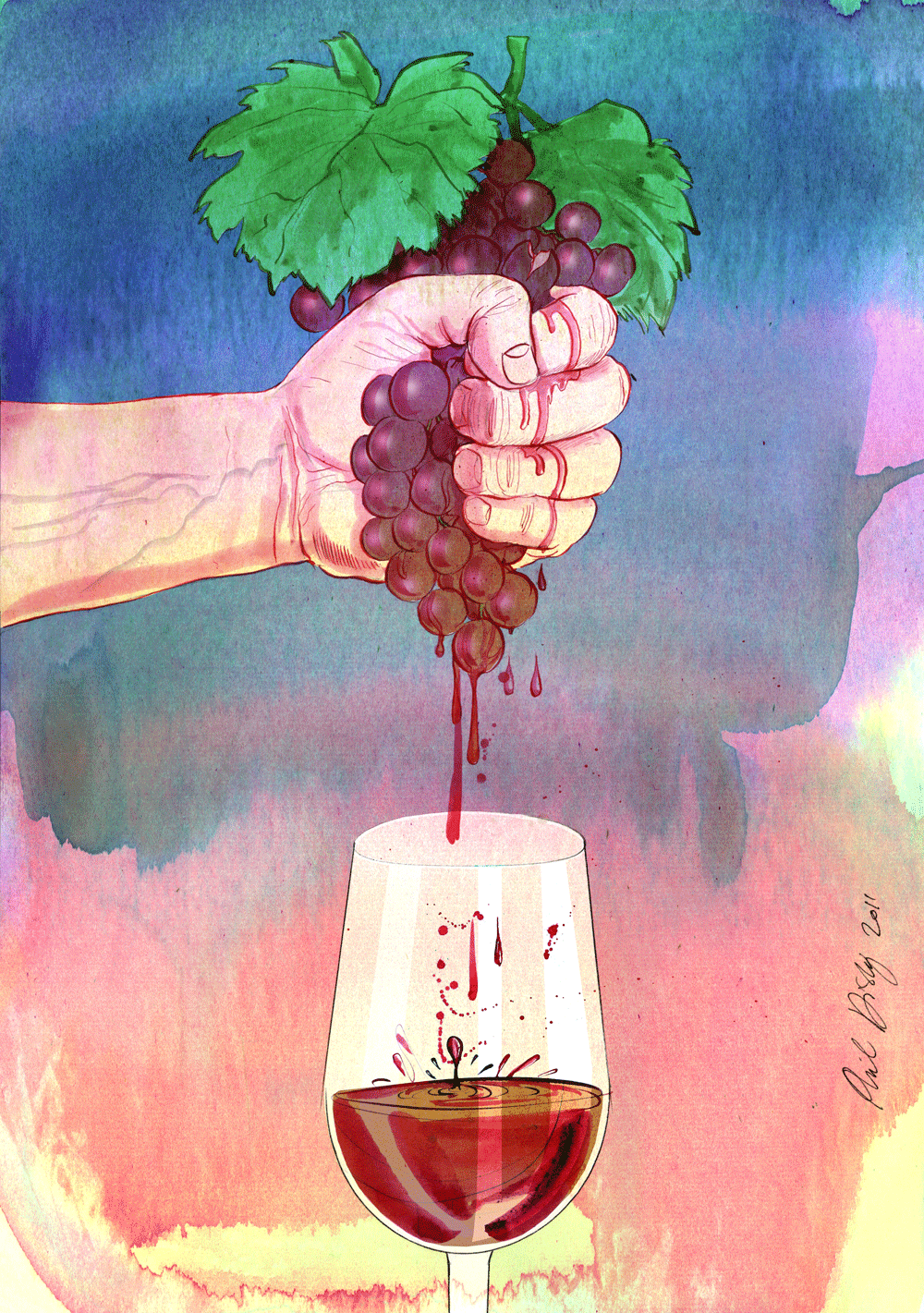A Hint of Poison
Lately, the wine community has been in a bit of an uproar at the news of a lawsuit alleging that a number of prominent California wines, which could be classified as “bargain” if you’re feel charitable or “cheap and they taste like it” if you’re being honest, have tested positive for levels of arsenic up to five times the legal limit in tap water. While there’s no doubt that this is scary, it’s simply not shocking. In fact, it’s been a long time coming.
Inexpensive wine has long been a difficult topic in sommelier circles. There’s no doubt that there’s a tremendous demand for inexpensive wine, and it’s a given that many people who would like to drink wine daily can’t afford to spend $10-12 or more per bottle per day. There’s of course a long history of cheap wine in Europe: the French remain oddly enamoured with vin ordinaire, even if it isn’t any good much of the time. Whenever wine professionals imply that drinking cheap wine is in some way bad, we get criticized as elitist snobs who only care about wealthy wine drinkers.
There is of course some truth to that, but defenders of inexpensive wine have often chose to ignore one simple fact: while there are many reasons why a wine can be expensive, there’s only really one reason why wine can be cheap: because someone is cutting all possible costs in production. Given that wine is at its heart an agricultural product, many of those cost-cutting moves involve industrial pesticides and fertilizers in large quantities. Some of which contain arsenic. Some of which apparently made its way into the actual wine.
It’s distressing, and dangerous, but it’s far from surprising. Americans are excellent at ignoring unpleasant agricultural realities, be they the conditions industrial livestock are kept in, or the massive environmental costs of synthetic fertilizers, but cheap wine is even easier to not think about: it’s sold in cutesy bottles with clever names, and it feels more like a commodity than something that’s grown in the earth. Sometimes though, reality interjects.














